Writer Wednesday: Books in the Closet
I came across a blog post on Twitter yesterday via Publishers Weekly titled Shutting the Drawer: What Happens When a Book Doesn’t Sell? by Edan Lepucki. It’s a good essay about what happens when a writer has to admit defeat and give up on her first novel. To “accept the death of your first true darling,” to paraphrase Lepucki, who asks if she can “put my first book into the drawer and shut it?”
In Lepucki’s case, she’s talking about an agented novel that couldn’t find a traditional publisher, but it happens more often than you’d think. First novels by authors ending up in a drawer or in a box on the top shelf of your closet. Today it ends up in a virtual folder on your hard drive or on a flash drive rather than under your bed consorting with the dust bunnies, but the point is the same: eventually you have to accept the reality that it’s not going to get published and move on.
Of course, this was before Amazon and eBooks, when anything can get published now regardless of how many rejections you’ve suffered through. Or not suffered through. And with brick-and-mortar book stores folding like a bad hand in a game of strip poker, traditional publishing isn’t the same as it ever was. With apologies to the Talking Heads.
Although I don’t have any numbers to back me up, I’d venture to guess that the majority of “first” published novels aren’t first novels at all. They’re second or third of fourth. Maybe more. Lepucki lists a few in her essay. But it’s rare that a writer’s first attempt at writing a novel ends up on the bookshelf at your local stores.
I have three novels in my closet. Literally. The manuscripts are printed up and stored in Kinko’s boxes stacked one atop the other. My first novel is titled The Circle, followed by Mar Vista and finally Obsession. All three of them are straight supernatural horror novels and are devoid of the social satire and humor found in Breathers and Fated, which are technically my fourth and fifth novels.
I never had representation for the first and third novels, and my second, Mar Vista, had a short-lived relationship with an agent who closed up shop six months after taking me on. So my first three novels for the most part ended up in my drawer as studies on the art of novel writing. Six-hundred and four-hundred and three-hundred page exercises that helped to teach me how to write.
While it’s possible I could end up doing something with Obsession, my other two novels will remain in their boxes, gathering dust on my shelves.

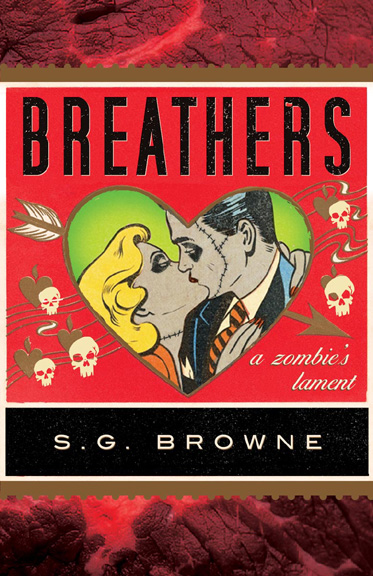
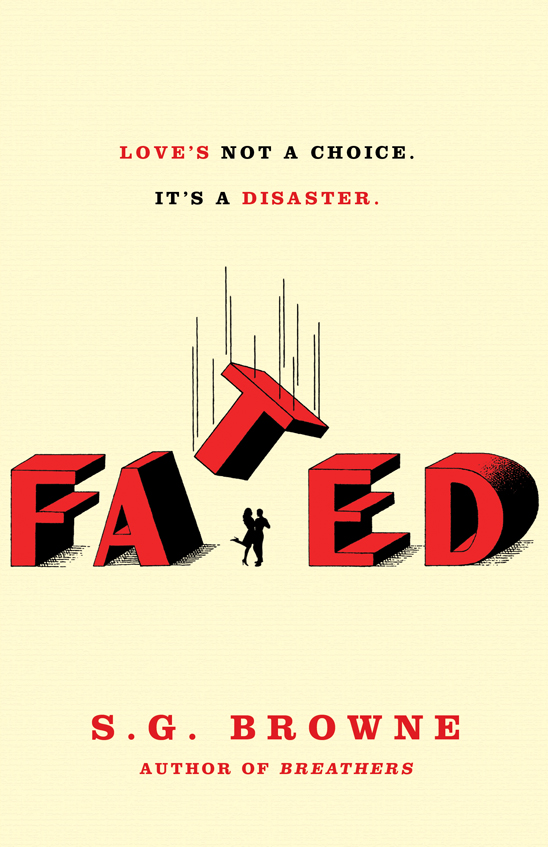
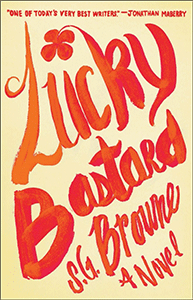
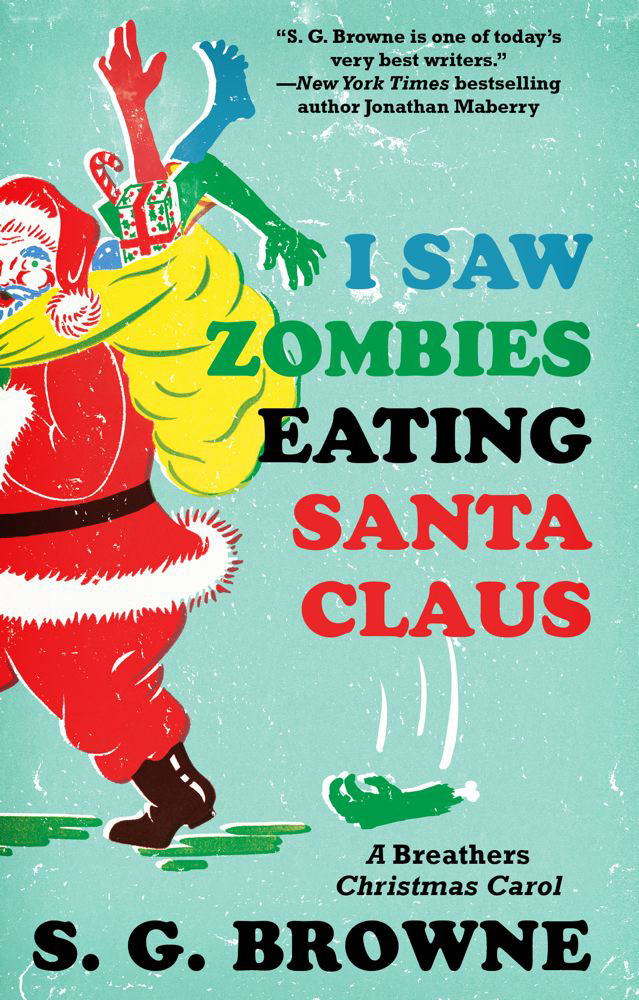
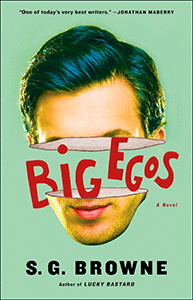
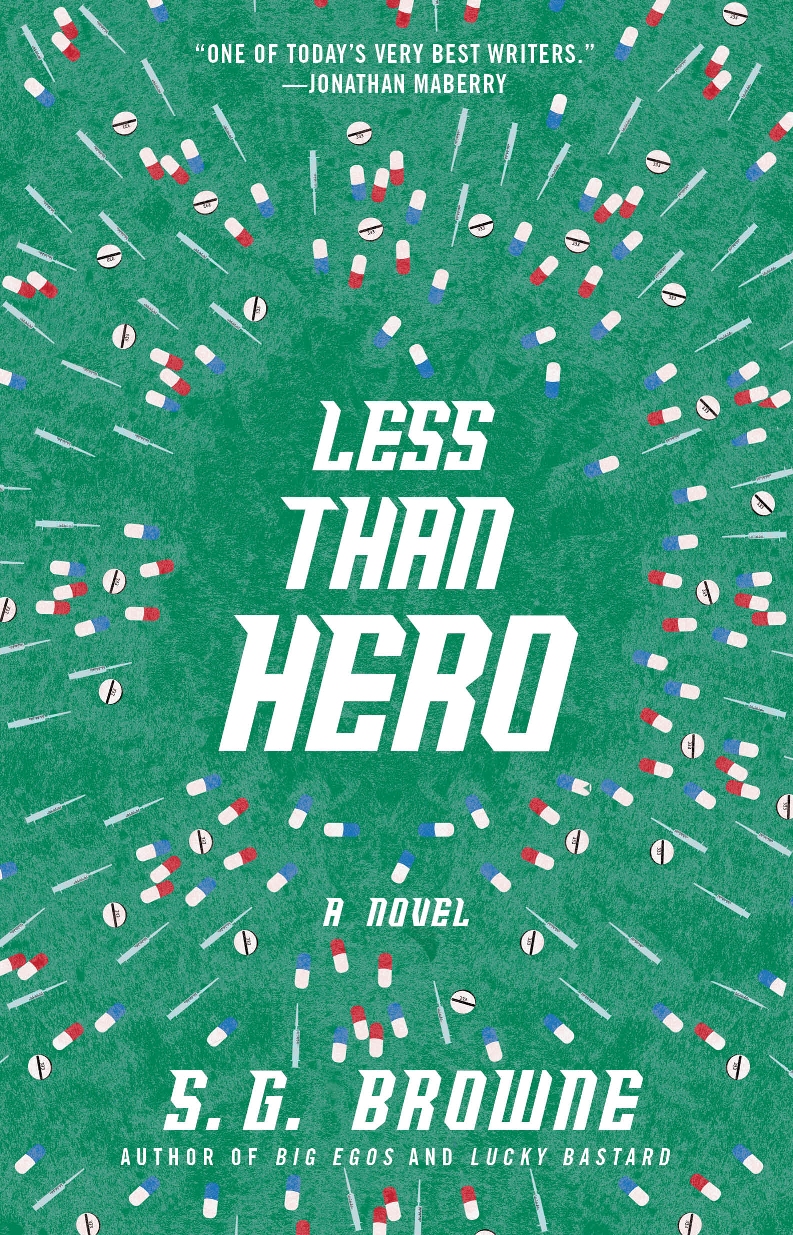
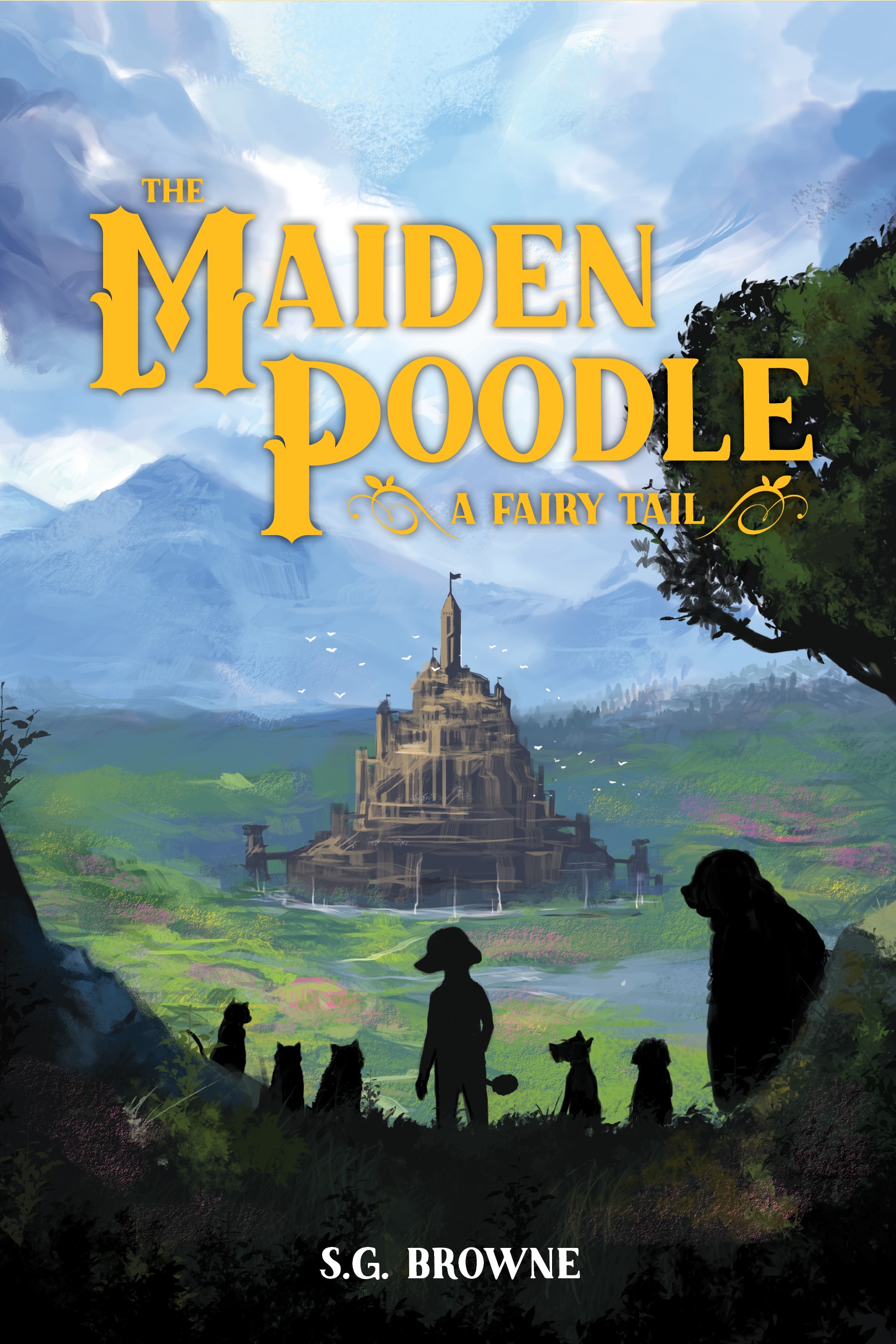
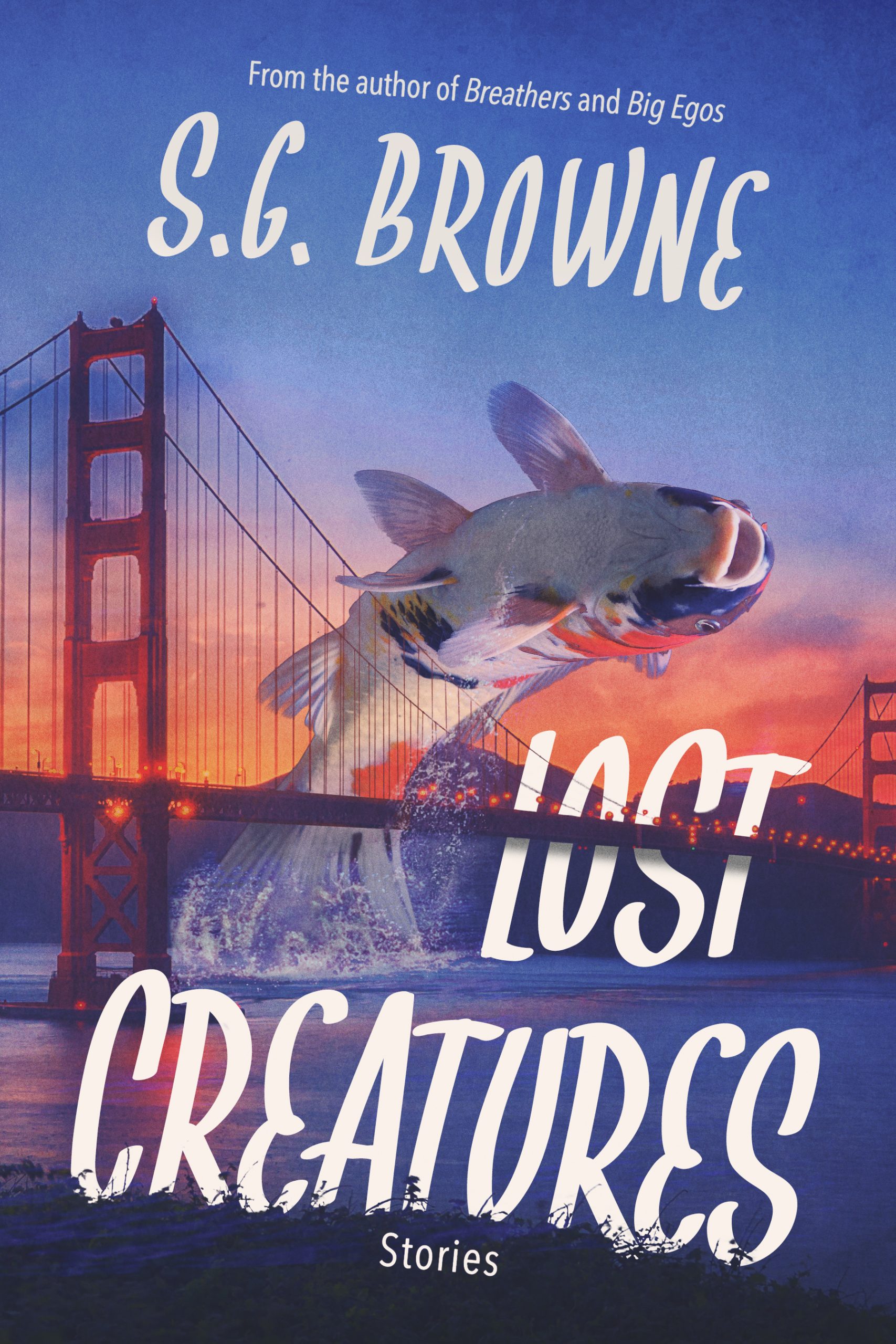
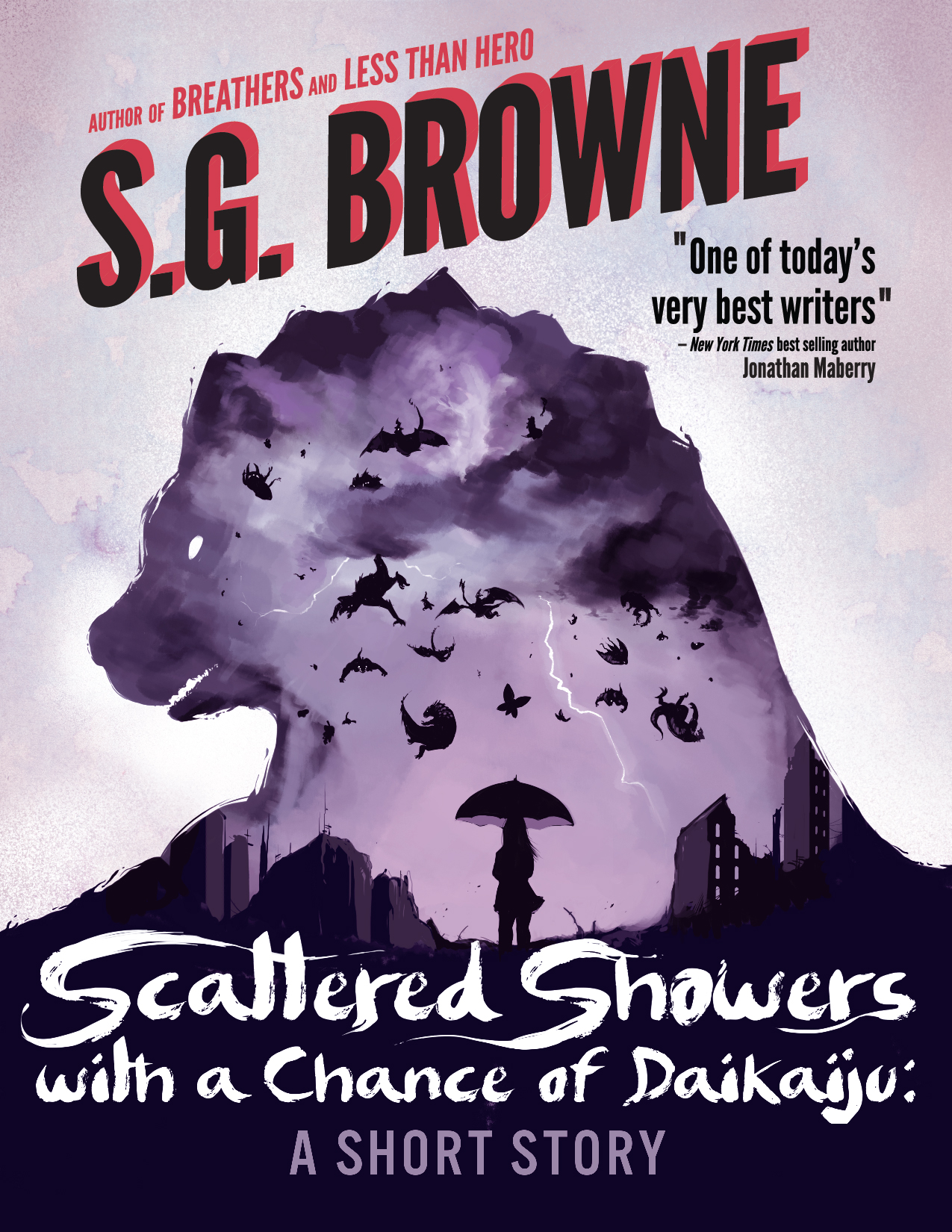
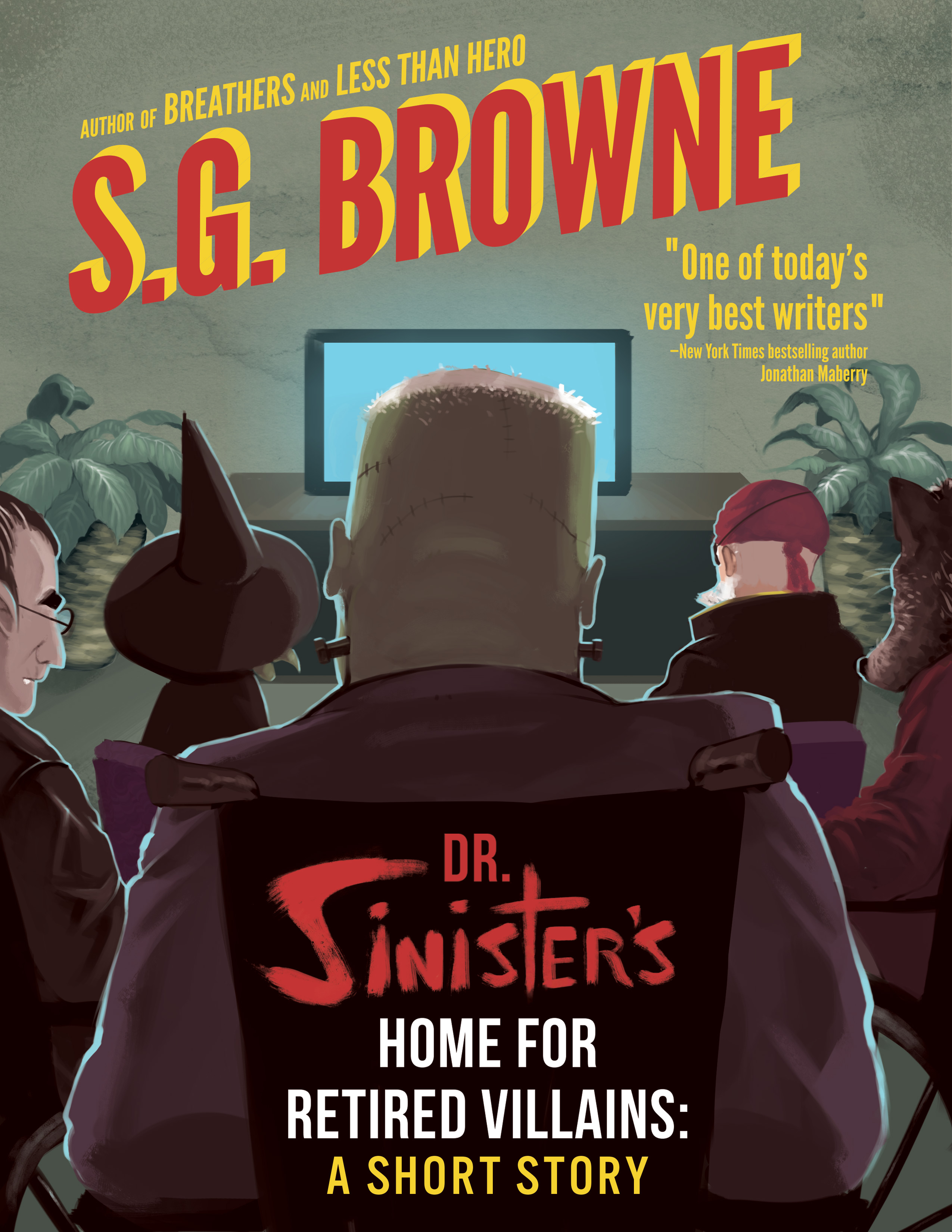
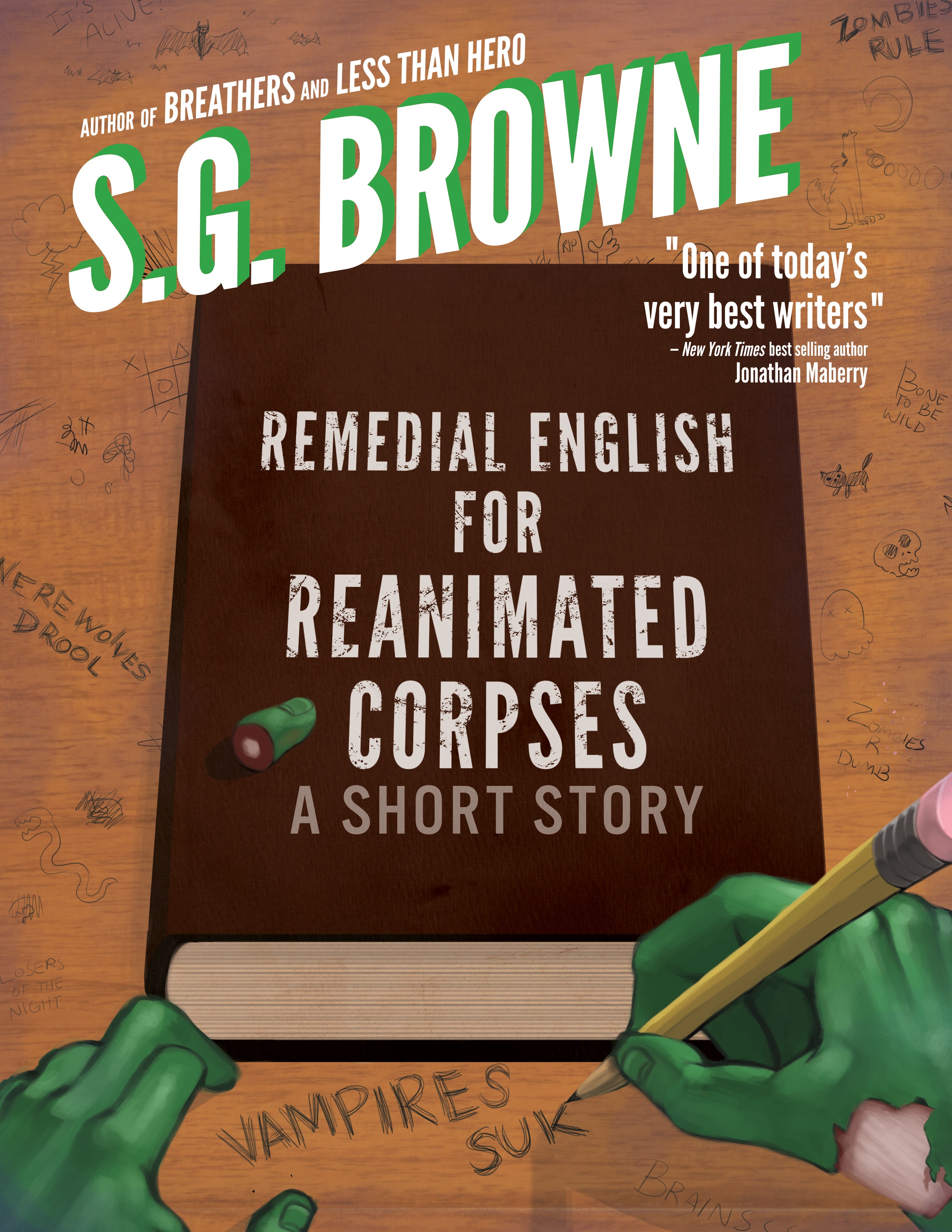
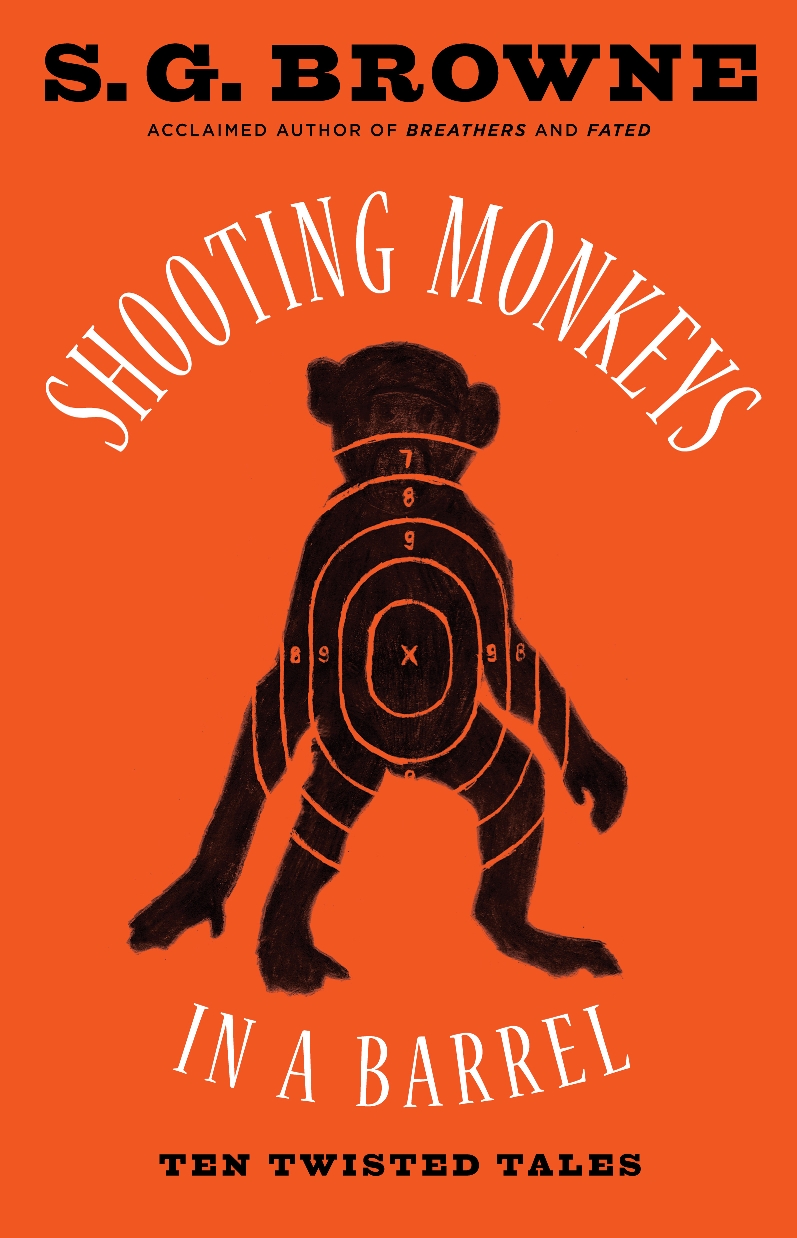
While I appreciated the idea behind the “Shutting the Drawer” piece, I felt it was written a bad time in the author’s life for it to be effective.
The pain of closing the door on her first piece is obviously still very fresh, which makes the whole thing feel a little more like a call for pity. “This book is good, why won’t it sell?” She had no distance on it to see why. Maybe it isn’t her novel, maybe its the market. Maybe it is her novel. But all that she can see right now is one of her darlings has just died. She even acknowledges that there are avenues open to her (self-publishing) that she admitted is too afraid of and too much of a traditional snob to do. The book doesn’t have to be dead, but she’s declared it so and isn’t that awful.
I know that this is coming off overly harsh, but I guess what I’m trying to say is that in the world of blogging, there is a really fuzzy line between what was once personal essays, informative essays, and persuasive essays. As a personal essay, it was really devoid of revelation. As a persuasive essay, it was too emotionally charged to make the point that sometimes books have to die.
Here you have enough distance to know why your books are in a drawer and know what in them is worth learning about and what’s worth saving. I appreciate that honesty a bit more.
What I don’t understand about the hubbub of “Shutting a drawer” or “closing the closet” is that there is really no reason for a finality to a book unless the author declares it, which seems to me to be the author punishing his or herself. Writers can have long careers. They can begin any time and you can keep writing until you die over the keyboard if you want. So why morn a book that you “love” until it really is all over? Couldn’t that book resurrect itself 20 years from now?
Comment by Marian Librarian — August 24, 2011 @ 10:21 am
Thanks for the comment(s) Marian. I think the whole concept of “shutting a drawer” on a novel, for me, is knowing when you have to let something go and move on with the next project. And I was writing my first novels back in the early 90s, when self-publishing wasn’t as easy and not a route I wanted to go.
As for resurrecting my books, I feel, and hope, that I’m a better writer now than I was when I wrote each of my first three novels. I felt that my writing improved from each one to the next. To go back and try to do “resurrect” either of my first two novels I think would be doing a disservice to myself. They’re not up to my standards of what I can do. And I don’t think they’re worth salvaging. So they remain dear to me because they helped me to get to where I am today.
Comment by admin — August 24, 2011 @ 11:12 am
I think then that we are agreed. The only reason for a writer to allow a novel to be “murdered” as the Blog author says, is if the author does the killing. You shelved your books yourself, they weren’t “killed” by publishing fatigue.
And resurrection doesn’t have to be wholesale. Ideas can be used, dialogue, individual scenes.
Then there is the value you mentioned, practice practice practice. Growing by doing.
I just found the article you cited very defeatist in attitude.
Comment by Marian Librarian — August 24, 2011 @ 12:19 pm
I have three novels in my closet. The first one is so pathetic I rarely admit I wrote it. The second one (a thriller) is better, and the third (a techno-thriller about a nuclear conflict with North Korea) was damn good. I even had an agent for it. The problem was, I tried selling it just after 9/11, and the market for that genre had dried up.
That’s why I now write horror.
Comment by Scott M. Baker — August 25, 2011 @ 4:46 pm
Thanks Scott. And you never know. That third novel might be able to find a home eventually.
Comment by admin — August 26, 2011 @ 6:46 am